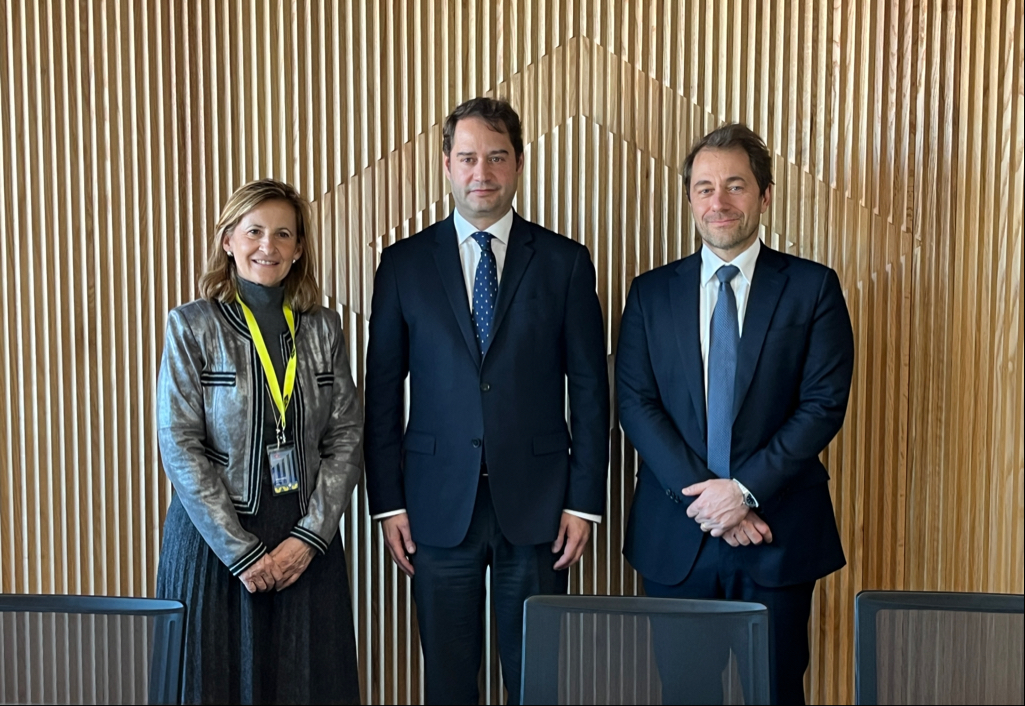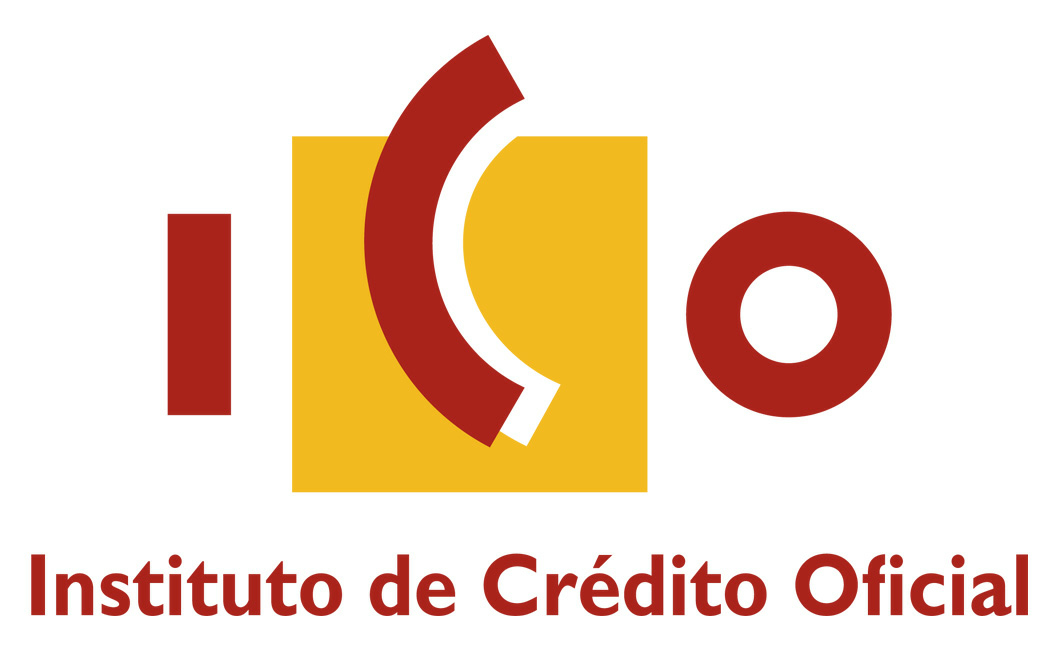Metro de Madrid signs an agreement with the EIB and ICO to finance the purchase of 80 new trains
21 diciembre 2023
- The loan agreement with the two institutions will facilitate the availability of new, state-of-the-art rolling stock for the Madrid suburban network applying sustainability criteria
- The project will help to improve the quality of rail services for users
- The financing amounts to €820 million, with the EIB providing €470 million and ICO €350 million
The Community of Madrid, through Metro de Madrid, has signed an agreement with the European Investment Bank (EIB) and the Instituto de Crédito Oficial (ICO) to finance the modernisation of part of Madrid's rolling stock with the purchase of 80 new trains. The operation will support sustainable transport, help reduce carbon emissions, and further improve life quality and services in the Spanish capital.

The loans signed for an overall amount of €820 million will cover a significant percentage of the cost of the train fleet renewal project. Specifically, the EIB's €470 million loan covers 50% of the purchase of the new rolling stock while ICO’s financing totals €350 million (38% of the project). Both operations will enable Metro de Madrid to undertake the renovation of the underground system and thus improve the quality of service for suburban users.
The design, manufacture, operation and maintenance of the new rolling stock will be based on sustainability criteria, meaning that any technical or aesthetic solutions will consider the potential impact on the environment. One of the key points in the financing from the EIB and ICO is the fact that the trains to be purchased by Metro de Madrid will be equipped with the latest technology and will be extremely energy efficient.
The new train fleet will consist of 40 narrow-gauge and 40 broad-gauge units and will mainly be used to increase the vehicle fleet units available on lines 1, 6 and 8. This operation will also enable a more efficient redistribution of Metro de Madrid’s current rolling stock on all other lines, thus increasing the transport capacity of the entire network. In addition, older units will be withdrawn from circulation, so that all rolling stock circulating on the network will be more reliable.
The first new units are scheduled to enter into circulation by the end of 2026. The trains will meet all accessibility, quality and comfort standards and will also be manufactured with the possibility of incorporating automatic driving technology in the future, which does not entail any additional cost.
Linked to the EIB Group’s sustainable cities and regions public policy goal and part of the ICO's 2022-2027 Strategy, which prioritises the financing of projects that generate positive social and environmental impact, the project promotes long-term investments in sustainable transport. The operation also promotes a modal shift towards public transport and contributes to the reduction of road traffic congestion and air pollution.
Background information
About the EIB
The European Investment Bank Group (EIB Group), consisting of the European Investment Bank (EIB) and the European Investment Fund (EIF), reported total financing signatures of over €9.9 billion for Spain in 2022, including record financing for climate action and environmental sustainability projects.
About ICO
Instituto de Crédito Oficial (ICO) is Spain’s national promotional bank, attached to the Spanish Ministry of Economic Affairs and Digital Transformation. It supports innovative and sustainable business projects in Spain and other markets by granting loans and other forms of financing, contributing to sustainable growth. As a national promotional bank, it offers financing to companies, particularly small and medium-sized enterprises (SMEs) and the self-employed.
About Metro de Madrid
Metro de Madrid is a public company founded in 1919, which over the years has become one of the main mobility companies in the Madrid region. It manages the public transport service on 12 Metro lines, a branch line (Ópera-Príncipe Pío) and a light rail line (ML1), linking 12 municipalities in the Madrid region. With more than 7 000 employees and a network that extends over 295 km and 302 stations, it moves some 2.2 million users every day, guaranteeing safe and sustainable mobility for a region like Madrid.
Comparte




